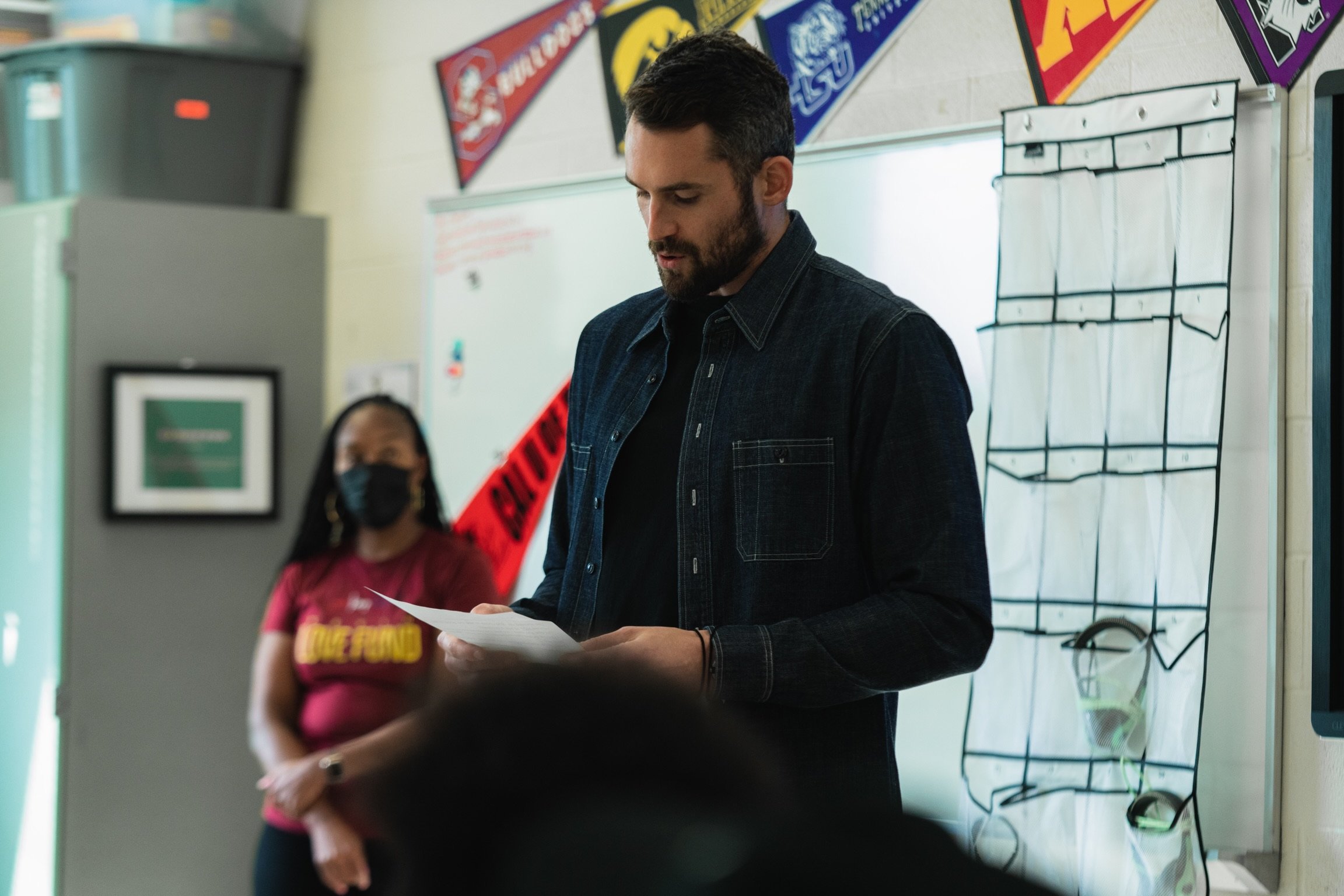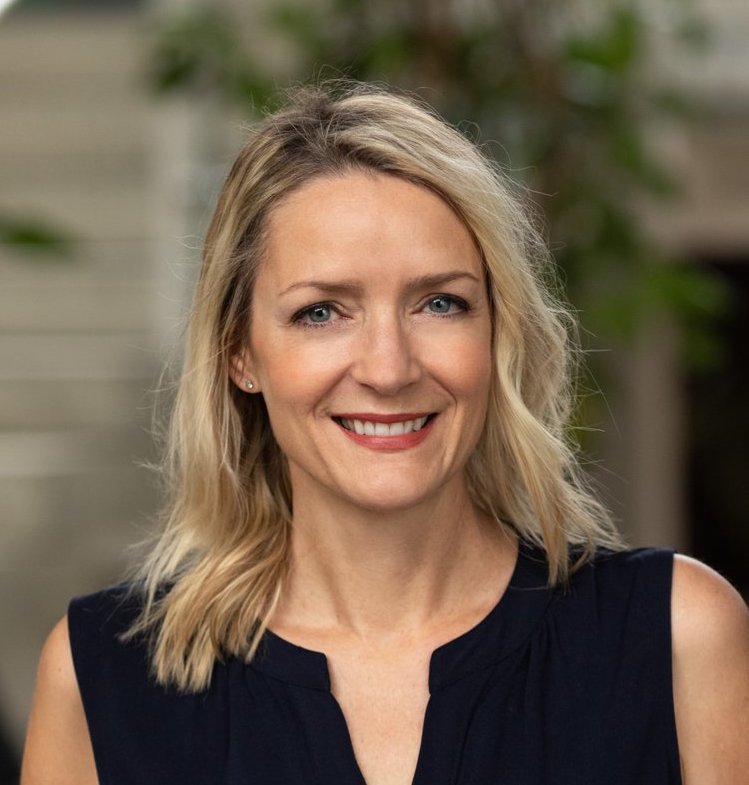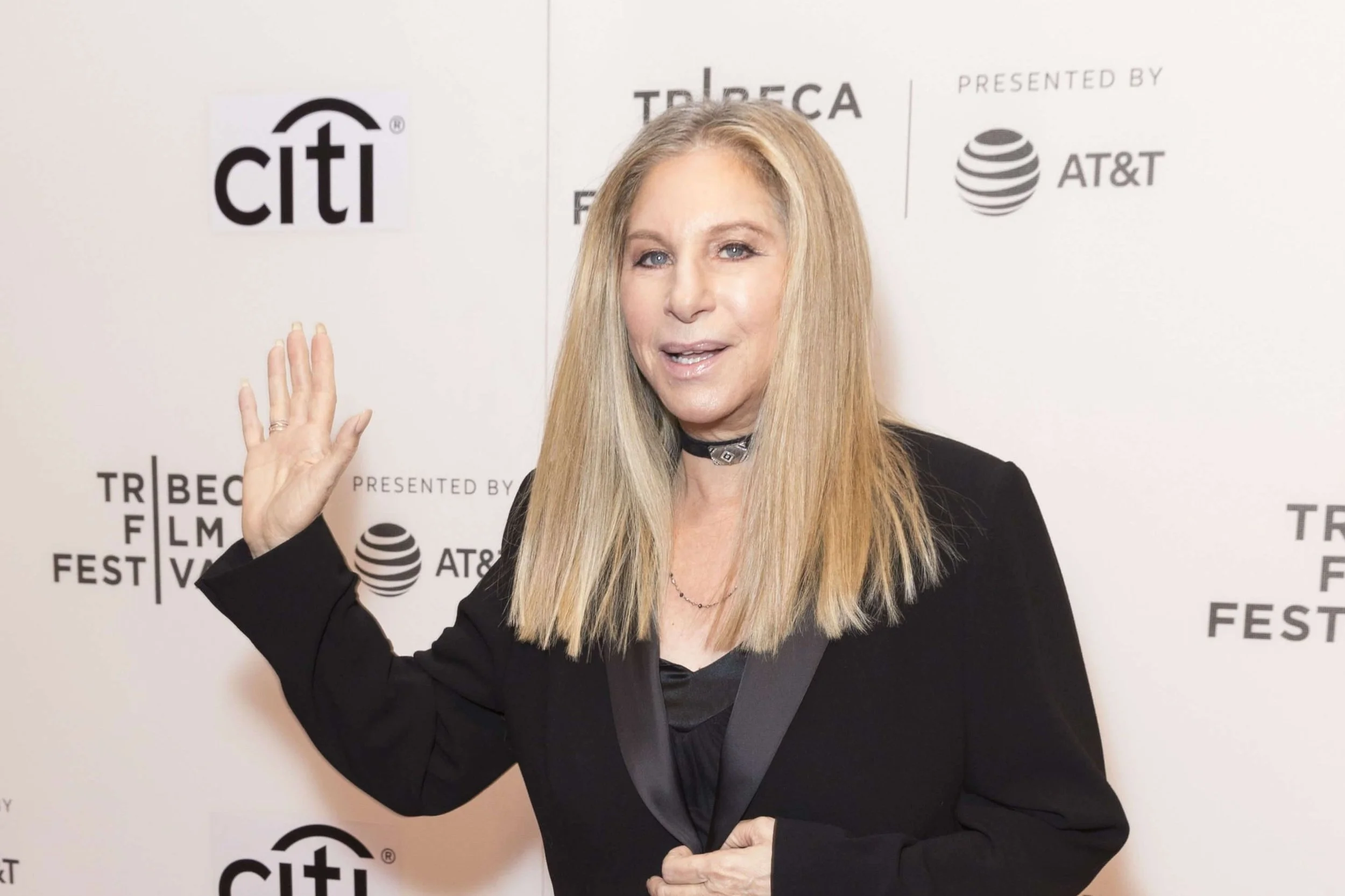Overlooked and Underfunded: Why a Hollywood Actress Is Stepping Up for Latinas
/photo: taniavolobueva/shutterstock
Born in Corpus Christi, actress Eva Longoria was a beauty pageant contestant in her youth and later attended Texas A&M University. Longoria got her first break in show business with a regular role on The Young and the Restless and went on to co-star in the long-running ABC hit Desperate Housewives. For all her efforts, the 43-year-old Longoria is worth some $35 million by some estimates, and is yet another wealthy Hollywood star who's putting some of her earnings toward philanthropy.
What are Longoria's philanthropic interests? Well, let's flash back to earlier in the decade. Curious about issues of immigration, Longoria discovered the book Occupied America, which chronicles the history of Mexicans in America. She connected with the author, Rodolfo Acuña, who encouraged Longoria to come down to California State University Northridge to meet him. Before long, Longoria was taking classes weekday evenings after shooting Desperate Housewives, earning a master's in Chicano studies from California State University Northridge in 2013. Longoria's thesis was titled "Success STEMS From Diversity: The Value of Latinas in STEM Careers."
And wouldn't you know it, the Eva Longoria Foundation (ELF) was established in 2012 with the goal of helping Latinas build better futures for themselves and their families through education and entrepreneurship. The foundation's programs focus on helping Latinas excel in school and attend college, and on helping Latina entrepreneurs with career training, mentorship, capital and opportunity.
I recently made contact with Longoria and the foundation to get a better idea of what inspired the actress to turn to philanthropy and her chosen focus areas.
Longoria explains that she came from humble beginnings in south Texas, and from a very young age, was taught by her parents that giving back and service to the community was a part of life. Longoria also has a sister with special needs who's relied on community programs her entire life. Driven by these experiences, Longoria established Eva’s Heroes, a San Antonio organization that enriches the lives of those with intellectual development disorders. She's also served as the National Spokesperson for Padres Contra el Cancer—a nonprofit committed to improving the lives of children with cancer.
After a while, Longoria decided that she wanted to be more specific in her philanthropic approach. For that reason, she launched the Eva Longoria Foundation. One of the foundation's programs is a partnership with the Howard G. Buffett Foundation and the Boys & Girls Clubs of San Antonio to provide an after-school program that aims to strengthen student knowledge of STEM skills such as coding and robotics, as well as foster awareness of STEM education and careers paths. This is a hot area right now among funders, as we often report. But for Longoria, this work is very much part of a larger vision.
When I asked her about the value and importance of empowering Latinas, she pointed to some powerful statistics that underscore the need for action:
A quarter of Latinas live below the poverty line, and more than half are very low income. Although Latinas are going to college in record numbers, they are the least likely of all women to complete a college degree (19 percent of Latinas have college degrees). Out of the major demographic groups in the U.S., Latinas make the least per dollar compared to white men at 54 cents on the dollar. Our theory of change is that by providing Latinas with the resources to succeed in school and business, we can help empower the broader Latino community.
Many funders we profile eventually find their passion area by discovering a neglected or underfunded area, and Longoria speaks to that as well. She says that despite widespread poverty among Latinos, only a sliver grants by foundations go to help this group. "Clearly the philanthropic funding for the Latino community does not reflect its demographics or need, and so it makes sense—as a Latina and as a woman—for me to focus my advocacy efforts on the issues Latinas face."
When the Eva Longoria Foundation launched, the first effort of the charity was to commission research via UCLA’s Civil Rights Project to help the foundation identify the highest potential points of intervention when it comes to Latina educational achievement. The study identified factors that tend to lead to academic success for Latinas—things like parent engagement, exposure to Latina mentors and high-quality math instruction from a young age. Since then, the foundation has launched and invested in a series of programs based on these findings, including STEM education extracurriculars, parent engagement training courses and mentorship programs.
Away from acting, Longoria also explains that she's worked with L’Oreal for a dozen years, has her own clothing line and e-commerce website, and manages a production company. Longoria's own experience in business drove her to become an advocate for Latina business owners, who often struggle to meet the requirements demanded by traditional banks to get a loan. The foundation has provided training and disbursed more than $1.7 million in micro-loans to Latina entrepreneurs, who, in turn, have grown their businesses and created or retained nearly 550 jobs.
When I asked Longoria what she thinks the role of her foundation and her work is in the current climate, she notes that quite a few things have changed in recent years years. "In just the last year, we’ve seen considerable activism and media attention around the treatment of women, their underrepresentation in certain fields and in positions of power, the wage gap and other topics. These are positive changes, but it will take more than talk to truly level the playing field for women and people of color. That’s why we will keep doing what we’ve always done at ELF—work to close the opportunity gap that Latinas face in school and in the workplace."
Down the line, Longoria doesn't just want to impact the Latina community directly, but also shape the national conversation about how to support the growing Latina population and to raise the visibility of women of color who are bucking trends and changing our narrative. ELF is open to connecting with nonprofits that support its mission and can be contacted at info@evalongoriafoundation.org.







































